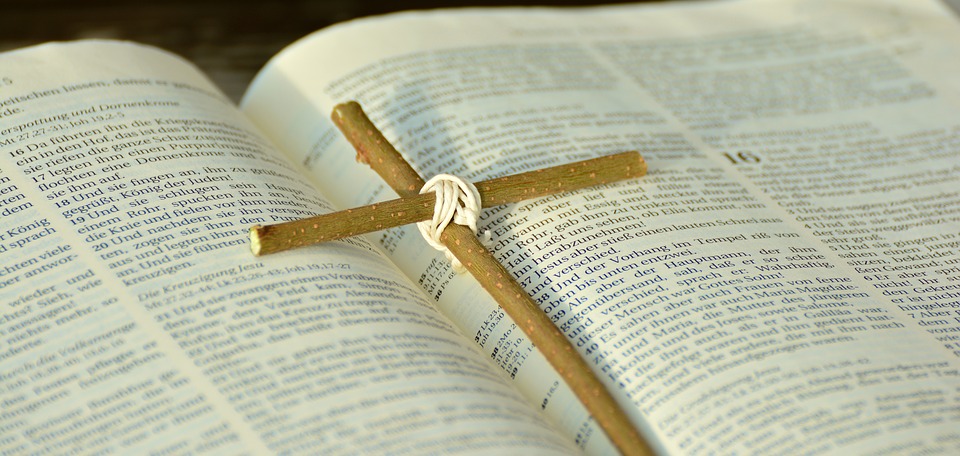Why do we call Good Friday “good,” when it is such a dark and bleak event commemorating a day of suffering, and death for Jesus?
What is Good Friday?
For Christians, Good Friday is a crucial day of the year. It celebrates the most momentous weekend in the history of the world. Ever since Jesus died and was raised, Christians have proclaimed the cross and resurrection of Jesus to be the decisive turning point for creation.

Paul considered it to be “of first importance” that Jesus died for our sins, was buried, and was raised to life on the third day, all in accordance with what God had promised all along in the Scriptures (1 Corinthians 15:3).
On Good Friday we remember Jesus willingly suffered and died by crucifixion as the ultimate sacrifice for our sins (1 John 1:10). It is followed by Easter, the glorious celebration of the day Jesus was raised from the dead, heralding his victory over sin and death and pointing ahead to a future resurrection for all who are united to him by faith (Romans 6:5).
Why “Good” Friday?
Good Friday signifies the suffering and death of Jesus, and the dramatic culmination of God’s plan to save his people from their sins.
In order for the good news of the gospel to have meaning, we first have to understand the bad news of our condition as sinful people under condemnation. The good news of deliverance only makes sense once we see how we are enslaved.
Another way of saying this is that it is important to understand and distinguish between law and gospel in Scripture. We need the law first to show us how hopeless our condition is; then the gospel of Jesus’ grace comes and brings us relief and salvation.
In the same way, Good Friday is “good” because as terrible as that day was, it had to happen for us to receive the joy of Easter. The wrath of God against sin had to be poured out on Jesus, the perfect sacrificial substitute, in order for forgiveness and salvation to be poured out to the nations.

Without that horrible day of suffering, sorrow, and shed blood at the cross, God could not be both “just and the justifier” of those who trust in Jesus (Romans 3:26). Paradoxically, the day that seemed to be the greatest triumph of evil was actually deathblow in God’s gloriously good plan to redeem the world from bondage.
The cross is where we see the convergence of great suffering and God’s forgiveness. Psalms 85:10 sings of a day when “righteousness and peace” will “kiss each other.” The cross of Jesus is where that occurred, where God’s demands, his righteousness, coincided with his mercy.
We receive divine forgiveness, mercy, and peace because Jesus willingly took our divine punishment, the result of God’s righteousness against sin. “For the joy set before him” (Hebrews 12:2) Jesus endured the cross on Good Friday, knowing it led to his resurrection, our salvation, and the beginning of God’s reign of righteousness and peace.

Good Friday marks the day when wrath and mercy met at the cross. That’s why Good Friday is so dark and so Good.
